Why is stress so important?
Stress is particularly common in modern life.
Up to 1 in every 6 working age adults in the United Kingdom experiencing symptoms of stress (worrying, irritability, sleeplessness) which do not meet the criteria for a mental health diagnosis but still affect functioning
A further one in 6 adults experience symptoms which would meet criteria for mental health conditions such as anxiety or depression
More than 80 million days are lost every year as a result of psychological illness with an average of 27 working days per case
This costs employers almost £4 billion per year
Costs for organisations as a result include lost productivity, sickness absence and administration costs, litigation costs, ill-health retirement and increased staff turnover
Factors within a workplace which can cause stress include tight deadlines and targets, work overload, threats of redundancy, lack of consultation, low staffing levels.
Our help
Infinity Occupational Health can help assess employees suffering with stress related illness and psychological conditions.
We can help identify whether this is related to work, home life, or mixture of both.
We can give an idea of prognosis and timescale and can suggest practical ways to reduce stress, or enable employees back into the workplace (with adjustments if needed).
Also we might suggest potentially longer term adjustments which may help employees with serious mental health conditions.
Helping achieve a successful return to work is extremely important, most notably for the employee themselves as studies clearly show that being in work (as long as this is "healthy" work) markedly improves the long-term medical prognosis. We believe that in most cases, an early and supportive return to work is beneficial for all parties, and prolonged absence is detrimental.
In cases of work-related stress, we can work with companies and employees to help engagement and assist with mediation if needed. We can assess fitness to undergo interviewing as part of an investigation or grievance, and follow relevant guidance on this.
Additional services provided
If employers wish, we can arrange referrals onwards a variety of methods of private talking treatments.
This includes counselling which can be effective in stress or mild mental health conditions, through to cognitive-behaviour therapy and other specialist psychotherapy techniques for a range of mental health conditions, from anxiety, depression, post-traumatic stress disorder and psychotic illness.
Stress is often ever-present in many forms of employment
Management Standards
The Health and Safety Executive (HSE) have devised a "Management Standards Tool" to help organisations identify the causes of stress within an organisation and thereby implement changes to reduce this.
The Management Standards cover 6 key areas of work design that (if not properly managed) are associated with poor health and well-being, lower productivity and increased sickness absence. These include:
Demands (issues such as workload, work patterns and the work environment)
Control (how much say people have in the way they do their work)
Support (including the encouragement, sponsorship and resources provided by the organisation, line management and colleagues)
Relationships (including promotion of positive working and avoiding conflict whilst dealing with unacceptable behaviour)
Role (whether people understand they role within the organisation and whether the organisation issues they do not have conflicting roles)
Change (how organisational change is managed and communicated in the organisation)
The Management Standards helps employers to fulfil their statutory duties:
Under the Management of Health and Safety at Work Regulations 1999: To assess the risk of stress related ill-health arising from work activities
Under the Health and Safety at Work Act 1974: To take measures to control that risk


